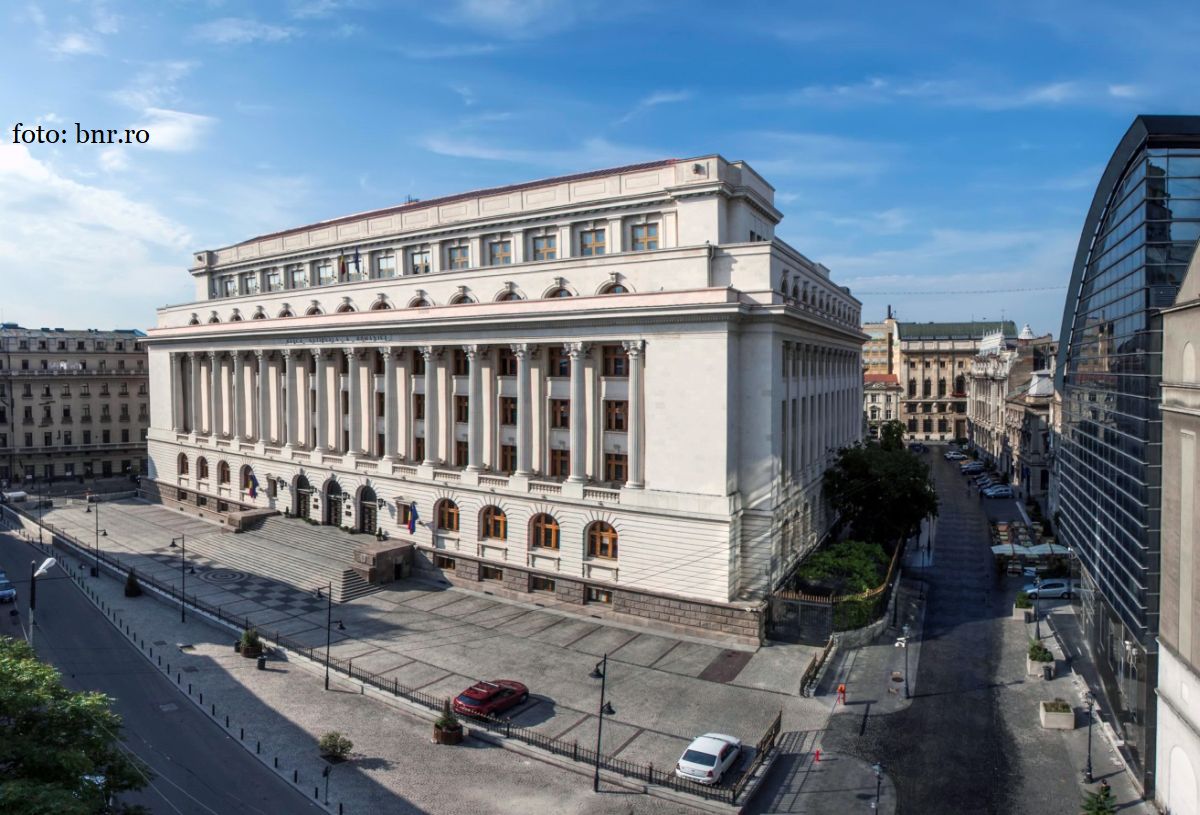Parliamentary priorities
Parliament in Bucharest resumed work on Thursday, after a winter break

Roxana Vasile, 01.02.2018, 13:55
In its previous session, especially in the latter part, Romania’s Parliament was very busy. Subjects like the bill on public sector salaries, the special pensions and the extremely controversial amendment to the justice laws sparked intense and sometimes abrasive discussions. The new session doesn’t look like it’s going to be any less busy. Following the installation of a new cabinet, the third in the space of a year, MPs have very clear priorities.
Liviu Dragnea, the leader of the Social Democratic Party, the senior partner in the ruling coalition, says his party’s priorities are the Sovereign Development and Investment Fund, the Administrative and Economic Code and the public procurement law. The Social Democratic Party also seeks to amend the legislation regulating the activity of the Romanian Intelligence Service and the Foreign Intelligence Service.
Liviu Dragnea: “These laws are very old and there have been calls from inside these bodies to amend them. In the 17 years since these laws were first passed, a lot has changed in the intelligence area, including in Romania.”
The agenda of the Alliance of Liberals and Democrats, the junior partner in the ruling coalition, is focused on taxation. The party’s leader, Calin Popescu Tariceanu, stands for minimum state intervention in the economy and wants to maintain flat taxation.
Calin Popescu Tariceanu: “Progressive taxation is not on our agenda. We will not support possible rises in taxes and duties. In our opinion, the efficient solution to increase budget revenues is better tax collection and the computerisation of the tracking and collection system by the National Agency for Fiscal Administration.”
The Liberal Party, in opposition, is determined to make things difficult for the majority, saying it will try to block its attempts to amend the justice legislation. As for the Liberals’ own agenda, they say it is focused on the economy.
Ionel Danca, the party’s spokesman: “We will support initiatives of our own, such as implementing an algorithm for the increase in the minimum wage that takes into account objective parameters related to economic growth, productivity and inflation. We also have an initiative to deny unemployment benefits to people who refuse jobs.”
Last but not least, the Democratic Union of Ethnic Hungarians in Romania, which remains faithful to its policy to advocate mainly the causes of the Hungarian ethnic community, wants the decentralisation of public institutions.
The party’s leader Kelemen Hunor explains: “We will submit in the spring session an initiative to eradicate poverty and bridge the gaps between different regions and will call for a speeding up of the decentralisation process. It’s about citizens. Decision-making should be as close as possible to citizens, whose taxes pay for the state institutions.”
In a nutshell, it looks like the new parliamentary session will also be extremely busy. (Translated by Cristina Mateescu)






























